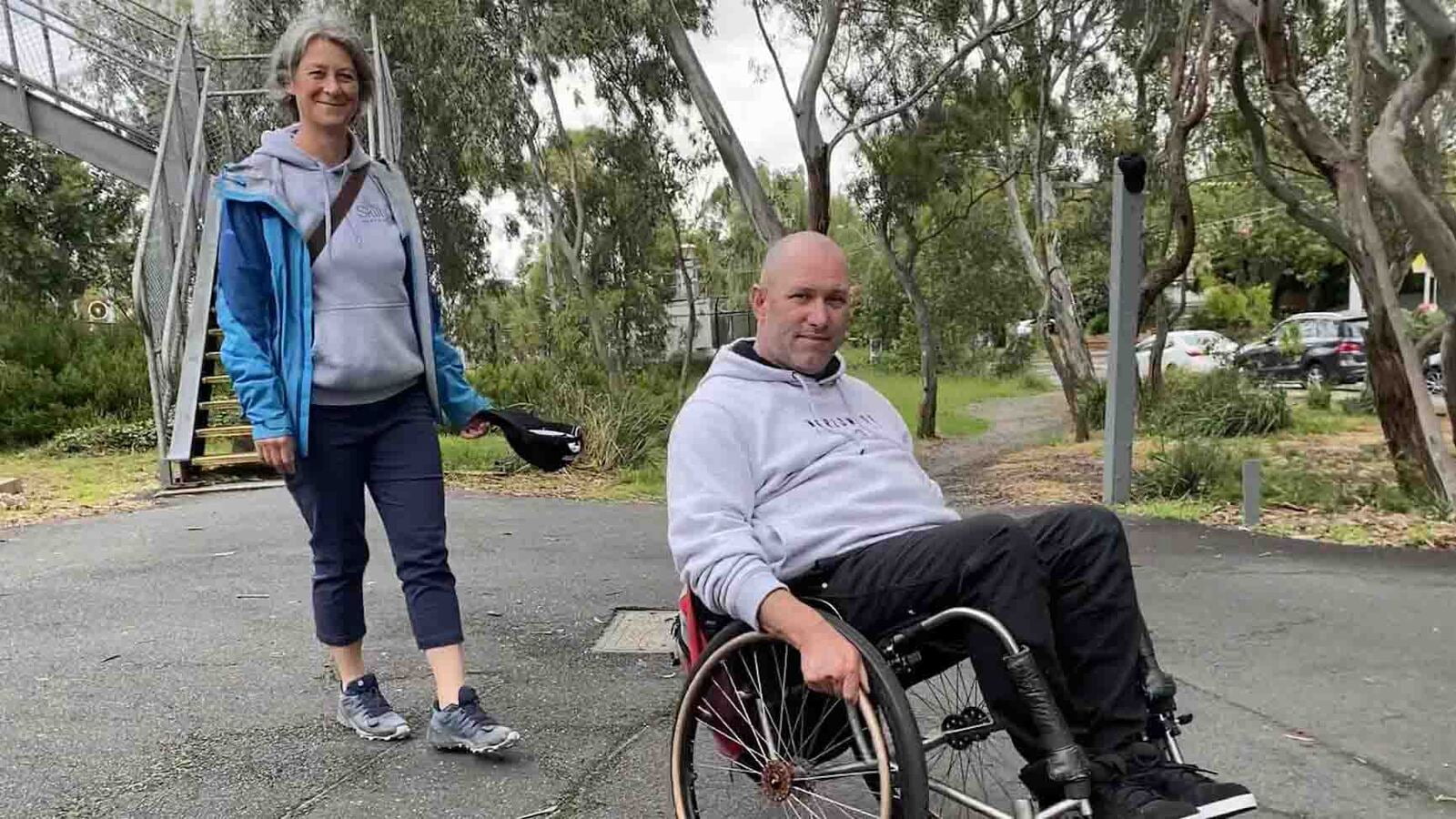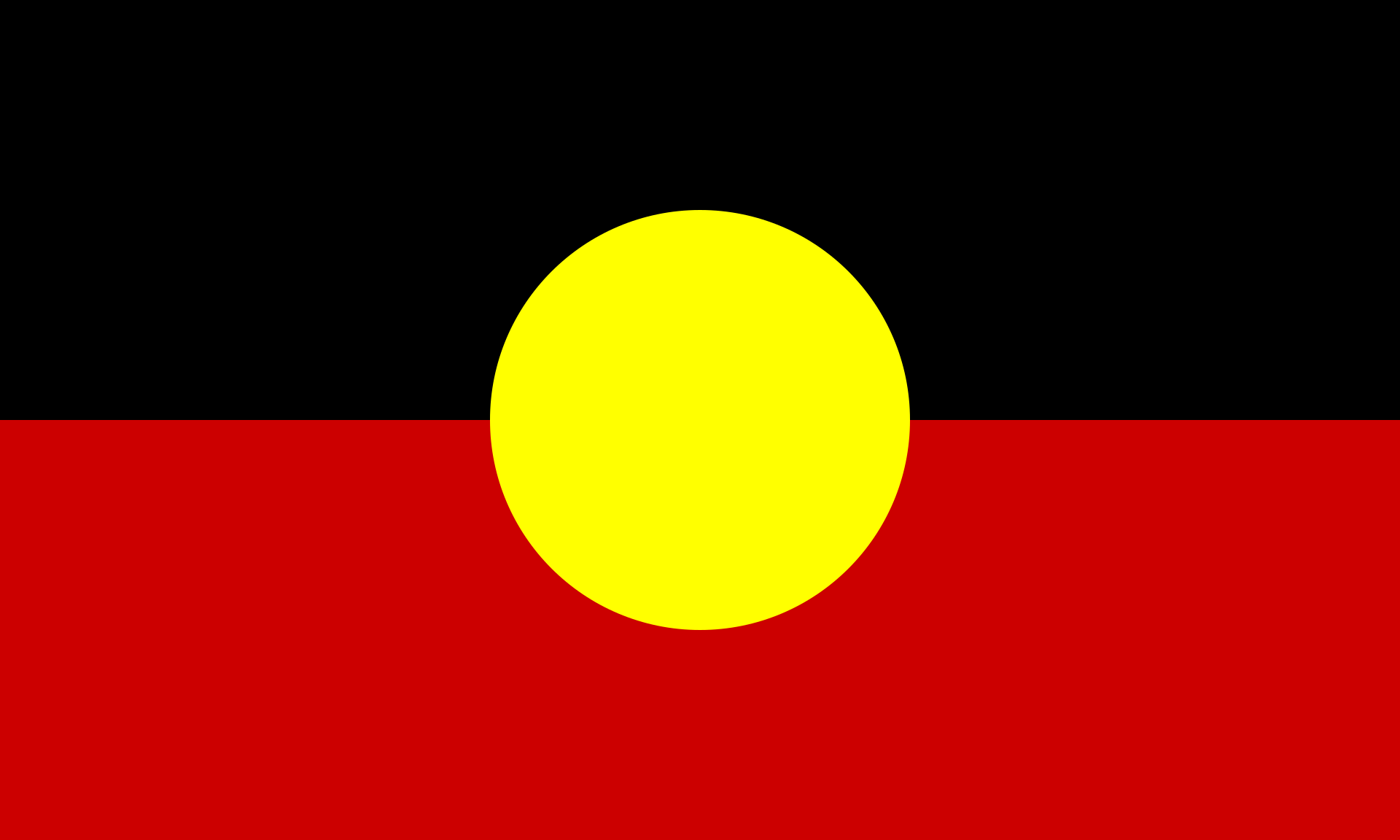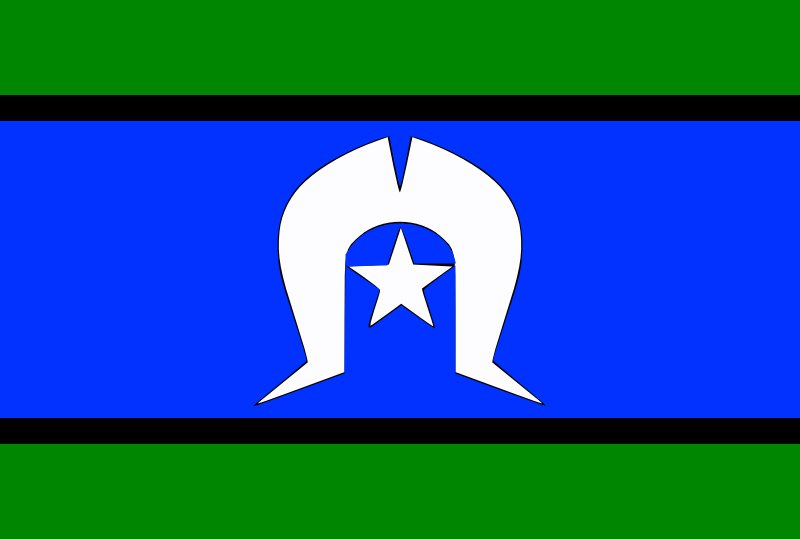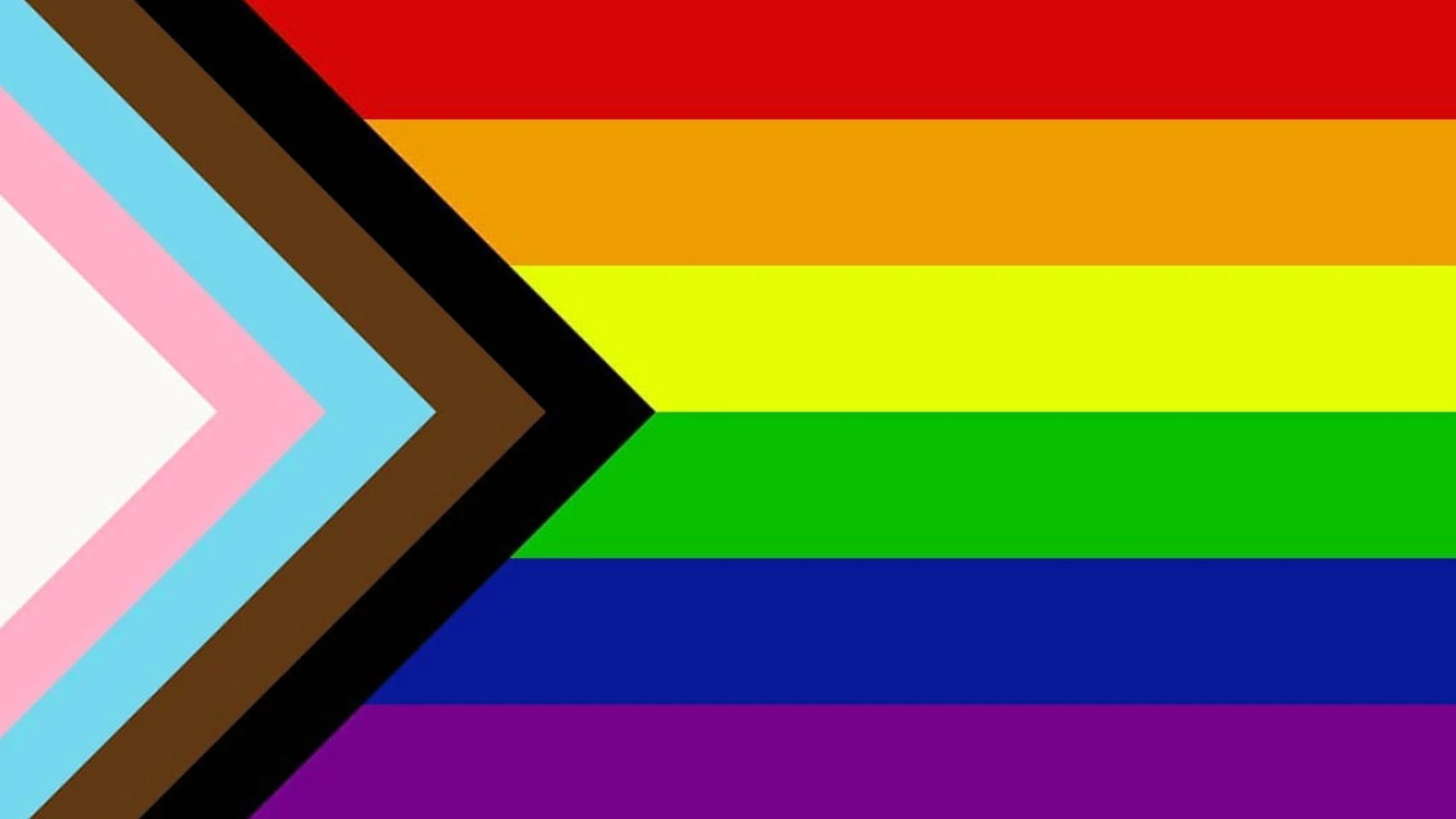Until mid-2020, Dion Woodward was a long-haul trucker. When he got time off he liked to ride his motorbike, or to go out four-wheel driving and camping.
Then came some bladder and bowel issues. Dion was prescribed medication that helped, but he had to quit his trucking job.
And then he collapsed. And again. “It was like someone just flicked the off switch, and my legs would stop working,” he says.
Scans showed that a tumour had been developing on his spinal column. It was slowly crushing his spinal cord.
“I was in shock. It was a very dark time,” shares Dion.
“I was in lockdown, I wasn’t working, and I was slowly losing control of my body. I knew it was bad, but it still hadn’t really sunk in.”
Over a two week period, his lower-body function deteriorated rapidly. By the time he got to hospital, Dion was using a wheelchair.

Surgeons removed as much of the tumour as they could, but the damage was done: an incomplete T8-10 spinal cord injury.
Dion says that small, early improvements in his physical recovery put him in a fairly positive mindset. Three days out of surgery, he could stand with assistance. On the fourth, he could move a metre with a speciality walking aide.
But after he was discharged from the neuro rehab ward at Monash Health, where he was the only patient with a spinal cord injury, that optimism evaporated.
“I got home, and it was overwhelming,” he reports. “It just hit me – I had to do it all myself.”
A doctor he had met at the hospital had told him about AQA. Dion got in touch while he was still in rehab, and he was paired with an AQA Peer Mentor. A month after returning home, Dion engaged with AQA’s Support Coordination team. They helped him to sort out his NDIS plan, and within a month his first support worker arrived at his home.
Just six weeks after Dion had left rehab, he completed Discovering the Power in Me (DPM), a motivational and goal setting course run by AQA.
“DPM helped me return to the positivity I’d found when I took those first few steps in rehab,” says Dion.
“Yes, my life’s changed, and I’ve got to do things differently, but it’s not the end of the world. I don’t class myself as anything different to anyone else.”
He says the experience was also quite raw for him.
“It was the first time I’d properly met other people with a spinal cord injury, and heard their stories. It was the first time I realised just how under-prepared I was when I left rehab. It was confronting.”

Over the past year, Dion has engaged with many other resources that AQA offers.
He has continued to work with his Peer Mentor, has joined the Community Network that AQA facilitates near him in Mornington, has attended webinars hosted by AQA networks across the state, has developed his capacity to use a wheelchair at AQA training days, and has completed a five-day residential course on building independence and capacity, delivered as part of AQA’s Living Well project.
“From what I’ve heard, going through rehab at the Royal Talbot, or the Alfred, is a more structured experience ” says Dion.
“They give you a base of skills and knowledge, and a sense of community, to help with your re-integration – Monash Health isn’t set up for that. But I found that base at AQA.
“Every interaction I’ve had with AQA, even if it’s just a phone call, I’ve come away with more knowledge. For me, that knowledge has meant more confidence. I feel part of a community. I’ve learnt so much from everyone I’ve met, and been so inspired by them.”
Alongside developing knowledge, connections and skills, Dion has thrown himself into exercise. For most of this year, he has been doing two sessions weekly with an exercise physiologist, and two more with a physio. The results have impressed him. When he left rehab, he could move a few meters, with assistance, and his doctors weren’t confident he’d regain much more function than that. He can now walk 100m with a walker, sometimes twice a day.
“I’m very lucky in that sense, having an incomplete injury. Plus, I’m now fitter than I was before my injury,” he says.

Dion says he has started to feel as though his physical recovery may have reached a plateau. That has prompted him to think about his next chapter, which will be about getting back to work.
“I’m not pushing myself, it might just be one day a week at first. And it doesn’t need to be ideal – just a start.”
So, what might be ideal? Since his injury, Dion says he’s become passionate about helping people with disabilities.
“The people I’ve met in the disability community over the last year have been really inspiring.” says Dion.
“So many interesting minds. I want to keep learning about what people go through, and how they deal with it.
“And I want to give back.”
Regardless of what work he finds, Dion says he’s committed to a better work-life balance than he had as a trucker.
“The flipside of this injury has been that it’s made me slow down and appreciate things,” he reveals.
“I want to socialise more. I want to have lunch at a cafe when I feel like it. I want to start doing some sightseeing – I’ve never been to the State Library, or the Museum.”

Doctors have told Dion that the tumour in his spine will keep growing, and will eventually deprive him of all lower-body function. He says he has lost function since leaving rehab.
So he says he’s not wasting any time. Now that Covid-19 related travel restrictions have been lifted, he’s desperate to get back behind the wheel.
“The independence of being able to get in the car and go anywhere I want, not needing to have a carer with me, that’ll be huge,” he says.
“I won’t be able to drive my turbo Subaru Forester – it’s too old to get funding, and it’s manual. But I might keep it as a project car, I love tinkering. And I can still do most of the work, I just need to find a carer who’s into cars, and they can help me with the bits I can’t do.”
In the meantime, he has his sights set on something more boisterous.
“Social nights of wheelchair rugby at the Royal Talbot are coming back,” Dion notes. “I can’t wait.”
- November 15, 2021




